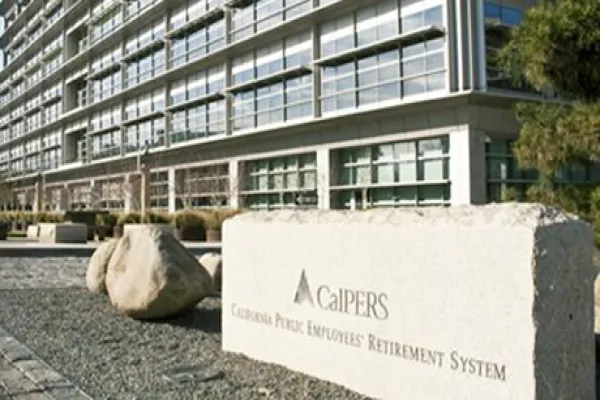Five years from now, alternative investments could potentially represent almost a quarter of global assets. The Chartered Alternative Investment Analyst Association is arguing that regulators and others need to ensure that retail investors get access to the products — and that safeguards be put in place to protect them.
“We need to make it much more fair,” John Bowman, senior managing director at the CAIA Association, said in an interview.
The group’s new report, “The Next Decade of Alternative Investments: from Adolescence to Responsible Citizenship,” suggests that regulators “will be forced to address the perceived inequities” created by the movement of capital into private markets.
“This will include the shortcomings of public markets as well as the growing risks and lack of transparency from private markets,” the report’s authors wrote. “Additionally, we are likely to see a significant push towards opening private market access to retail investors, something which is already starting to generate buzz, but which comes with substantial risks both for investors and the industry.”
One of the risks to investors pointed out by CAIA is the rising use of leverage and, with that, the increased potential for companies to go bankrupt. Leveraged buyouts are ten times as likely to end in bankruptcy than a public company, according to CAIA, which offers the CAIA Charter, a credential for alternative investments professionals. The group also said that institutions committing record amounts of money to private markets means future returns are likely to decrease.
The report was based in part on the responses of more than 1,000 CAIA Association members. It calls for action on a number of issues, including a renewed commitment to education on alternatives, more transparency, and better access for smaller investors.
[II Deep Dive: Pensions Love Alternative Investments More Than Ever]
But initiatives that will “democratize” private equity and venture capital will also result in investors getting beta, or market returns, rather than alpha, the excess returns that have historically accrued to institutions. That’s a critical point that the industry needs to communicate to investors, according to the report.
CAIA still believes that retail investors would benefit from the diversification and lower volatility that alternatives can offer whether through real estate, private equity, infrastructure, or real assets. “But the message needs an objective and holistic narrative, centered around beta exposure and uncorrelated streams of returns, not grasping for alpha,” the group said in the report.
“We want the narrative to be a risk-adjusted return story, not an alpha story,” Bowman said by phone. “Still we think there is an illiquidity premium. Alpha is competed out and has gotten narrower over the years. It used to be easy to find winners [in private equity]. Now it’s hard. Top decile GPs, they’re still doing great. But why do only those who have the rolodex, get access to the top decile? So there’s inequity in access. Even though it’s hard to know the exact form, we need to have some kind of a managed marketplace, so there’s equal access to managers.”
As William Kelly, CEO of the CAIA Association, put it, “Alpha is an elusive commodity.”
“If somebody could create the Vanguard of alternative investments, you could get access to cheap beta and the diversification value proposition would be very clear,” he said. “But it’s far more complicated than that. We need to find ways of bringing greater diversification, beta, but to try to throw alpha in there and prove it with a high fee is not the answer.”
Kelly said that he’s optimistic that the private equity model is changing, whether that’s through innovative tokenization efforts that could help build a secondary market or other initiatives, such as distribution platform iCapital.
According to CAIA, alternative investments grew from 6 percent to 12 percent of global investments between 2003 and 2018. Members of the organization expect growth to continue, with alternatives representing between 18 percent and 24 percent of global assets by 2025. The reasons behind the growth include low interest rates, which fell even more since the market meltdown began in March, the pressure from underfunded pensions, the maturation of emerging markets, and the changes in how companies tap new capital.
“With such a large portion of the global economy now off limits to retail investors, regulatory bodies are beginning to debate whether to democratize access to this suite of more opaque and complex instruments, making them available to a wider set of investors,” the report concluded. “The outcome of this debate has the potential to radically alter not just the alternative investment landscape but investing as we know it.”







